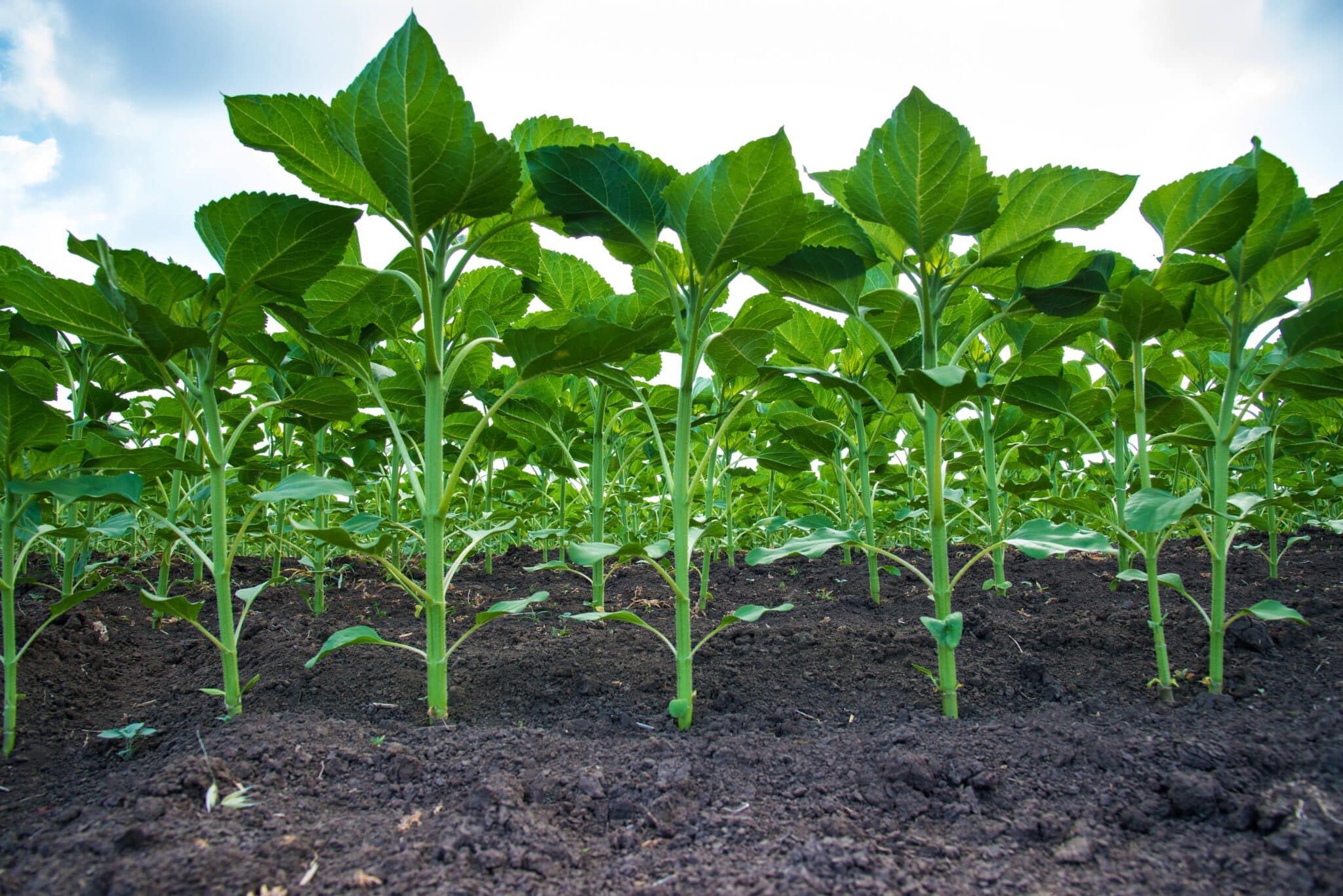For Alison Pokrzywinski, the relationship between sunflower, soil health, and the evolving landscape of crop development is an intricate one.

Alison Pokrzywinski
Nuseed Sunflower Product Development Manager
“Depending on the part of our business, soil health plays a varying role. With Nuseed Omega-3 Canola and Nuseed Carinata, there’s a significant emphasis on it. Sunflower, being a commodity crop, involves a different dynamic,” says the Sunflower Product Manager for Nuseed based in North Dakota.
Sustainable Sunflower
She highlights the unique aspects of sunflower as a commodity crop, stating, “Sunflowers are used for a much larger purpose and can be utilized in various products.”
Growing sunflowers can contribute to soil health in several ways. Sunflowers are known for their deep taproots. The roots can grow down deeper than six feet! This makes it great for reaching subsoil nutrients such as nitrogen while also improving the soil structure and aeration by breaking up compacted layers and adding organic matter. Since sunflowers are typically harvested later, they help to keep the ground covered, protecting from weeds and erosion throughout late summer and early fall.
A highly adaptable crop, sunflowers do well in the heavy clay soils of the Red River Valley and also in more marginal ground as you head west. They have a medium tolerance to saline soils and while not as good as barley, growers have seen good success.
“I had a customer once that precision planted all of his saline areas in a field in sunflowers and the other areas in soybeans. It looked really funny, but he was very excited that something grew and he was able to get a crop in those areas of that field,” she says.
Nuseed tests its sunflower products in the areas they will be grown to ensure they perform well under various soil types and conditions. “Soil health is a critical factor in achieving consistent performance,” she adds.
“Different crops in rotation contribute diverse elements to soil health. Each crop adds something unique, making crop rotation an essential practice for overall soil health.”
